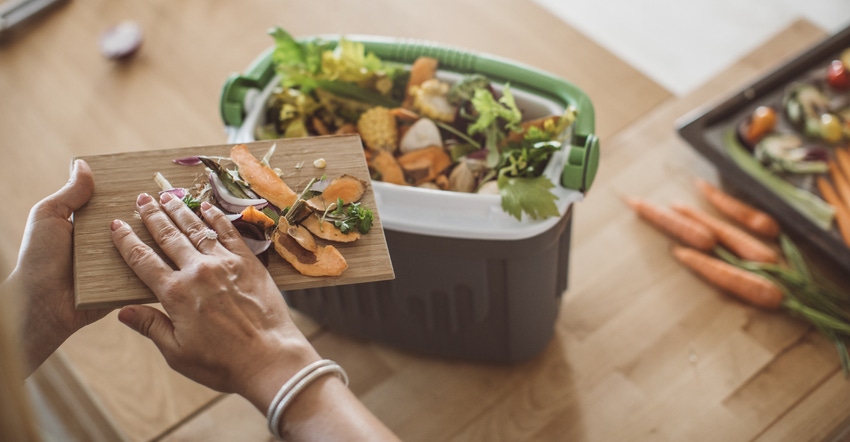June 1, 2020

The COVID-19 pandemic has brought with it many challenges for food producers—and a lot of waste in light of the fact that schools, restaurants, and other institutions that normally purchase large quantities are closed.
“You might have a dairy facility that's used to packing milk in huge bags that go into milk dispensers and can't necessarily switch very easily to gallon jugs,” notes Dana Gunders, executive director of ReFED, a nonprofit committed to reducing U.S. food waste.
But, some creative solutions have emerged. For instance, some restaurants are buying large quantities of ingredients to repackage for sale to customers. And new online marketplaces are allowing businesses to post extra food that people can purchase or request as a donation. Also, Gunders notes that “new business relationships are forming, and transportation companies that typically work in the for-profit sector are entering the non-profit space.”
On the consumer side, one bright spot is the fact that people are throwing out less food in their homes. In order to avoid waste, Gunders encourages people to plan meals and learn to store food better.
You May Also Like


